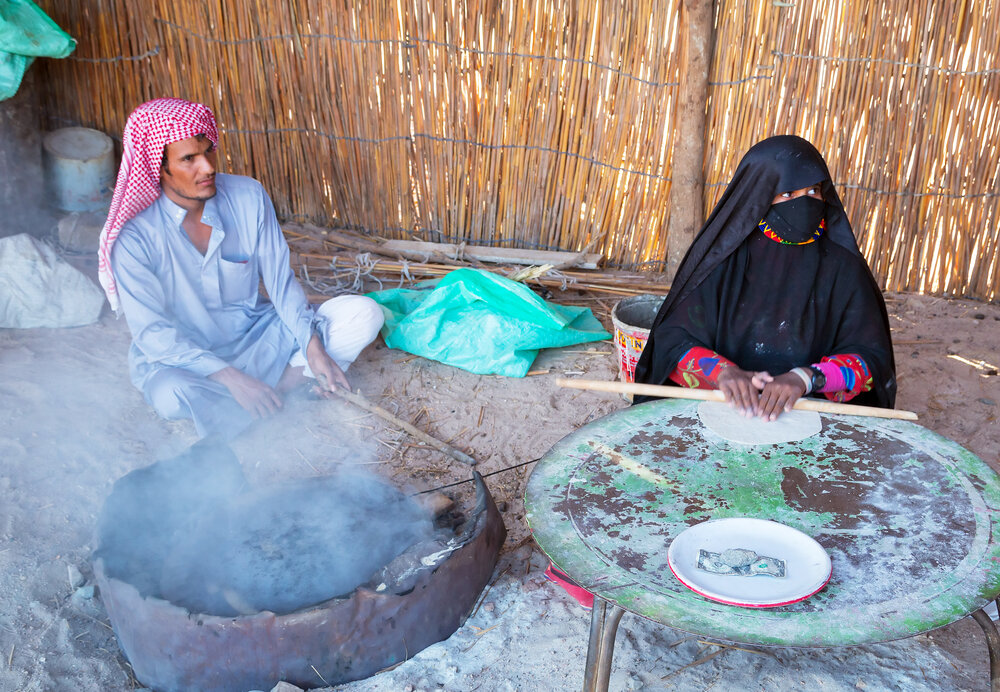I am a bit of a human Venn diagram: Part intrepid scholar with a curiosity that frequently takes me to the far reaches of conflict-affected communities. Part creator with an interest in bringing together creative research methods and new media. Part founder compelled by the belief that more minds in the room leads to more rigorous, accurate, and meaningful work. My work intentionally seeks to bridge the gap between academia and practice. I often fulfill the role of principal investigator, lead evaluator, advisor, storyteller, and speaker.
1. Research
Many would kindly describe me as a mixed-methods evangelist. I believe in applied research and have been fortunate to lead empirical studies in Afghanistan, Central African Republic, Democratic Republic of the Congo, Ethiopia, Kenya, Lebanon, Nigeria, Somalia/land, Tajikistan, and Thailand, among others. I choose to work in complex environments, with marginalized populations, and often on sensitive topics like cooperation with armed non-state actors, sexual violence, and identity-driven decision-making.
2. Create
I believe research is a creative activity, requiring us to hold, rather than simplify and sanitize, complexity. I created the Women in Conflict Project with the desire to uncover the reality of women’s active and multifaceted roles in conflict. Pairing photography, oral histories, and digital technologies, this project has grown from a research initiative to interactive technology, and on to a short podcast series. I create work relevant to academia and to larger audiences interested in something akin to non-fiction, investigative, explanatory journalism.
3. Found
I am the architect behind Global Insight, a network of scholars using gender-sensitive, mixed-methods approaches for research in fragile contexts, and the Global Insight Institute.
Principles
Seek the Unseen: Those marginalized and made invisible are our secret keepers. Accessing these voices, peering into the previously unspoken offers admission to meaning, identity, and the not-unrelated decision-making of the communities we both inhabit and study.
Amplify & Elevate: I believe it is our responsibility to use our work to amplify and elevate the voices of those with whom we collaborate. Research participants inspire our work and are our co-creators.
All the tools: The effort put forth on behalf of creatively pairing quantitative and qualitative methods offers exponential returns in the depth and strength of findings.
Localization: I believe our work is enhanced by inviting communities to offer their own definitions of the concepts at central to our research questions. For me, that includes sensitive, difficult to define topics like vulnerability, performative violence, and coerced cooperation.

